RGCQ Governance
The organization at a glance

RGCQ Provincial
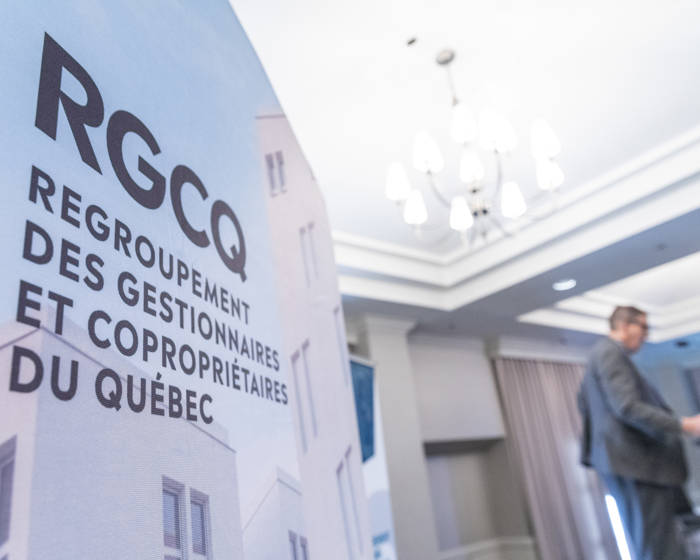
Profile of the organization
Governance serving strong commitments
The Regroupement des gestionnaires et copropriétaires du Québec (RGCQ) has played a major role in promoting the understanding and management of condominiums in Quebec for 25 years now.
Founded with a clear vision of meeting the needs of this specific sector, the RGCQ has become a unifying force not only within the organization, but also in the Quebec landscape.
Over the years, this vision has evolved into a far-reaching mission: to promote the development and improvement of condominium ownership in Québec by providing training and information, and by defending the rights and interests of condominium administrators and co-owners.
But the organization doesn't stop there. We've always had a broader vision, seeking to raise the level of knowledge and thinking about co-ownership. We are therefore striving to play an even more active role in promoting knowledge and best practices in co-ownership. Our aspiration: to make co-ownership a viable and engaging way of life. To achieve this, it is essential to encourage in-depth reflection and ensure that those involved in both the management and governance of condominiums are well trained and accountable.
AN EVOLVING ORGANIZATION
Recently, the RGCQ asked itself how best to standardize its vision and actions, while supporting regional particularities; how to make the organization more efficient and sustainable too. This reflection led to a reform of the governance of the provincial RGCQ, a significant step in the organization's evolution. This reform, which came into effect last September, modernizes the entire structure and ensures that regional chapters are better represented, while reinforcing the RGCQ's provincial identity.
From now on, the RGCQ will offer a harmonized experience to all its members, regardless of their geographical location, while leaving each chapter its own voice.
A COMMITTED BOARD OF DIRECTORS
To give shape to its vision, the provincial RGCQ can count on a Board of Directors made up of experienced and committed administrators who ensure the organization's ongoing development. Acting on the issues identified by each regional chapter, the provincial Board of Directors sets the organization's major orientations and guides its priorities.
Board of directors
-

Me Yves Joli-Coeur
President
-

Me Michel Paradis
Vice-president
-
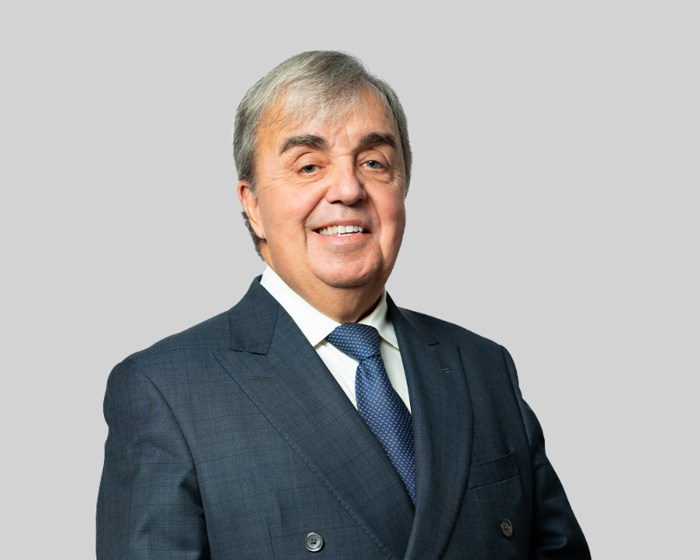
Me Richard M. LeBlanc
Secretary
-

Aline Désormeaux
Treasurer
-
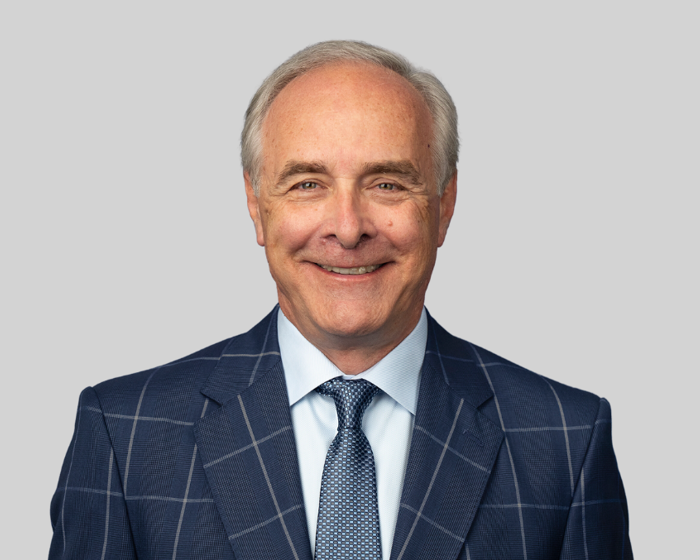
Me Yves Papineau
Director
-

André Bourassa
Director
-
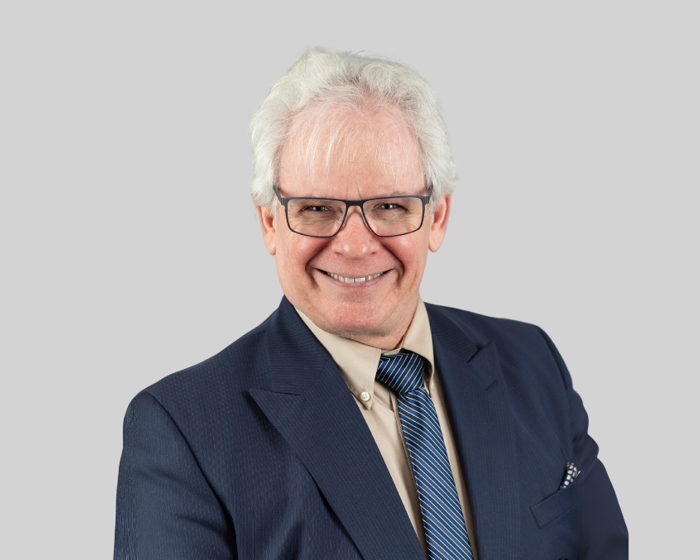
Patrick Hiriart
Director
-

Guillaume Leblond
Director
-

Me Ghislain Raymond
Director
-

Réjean Touchette
Director
-
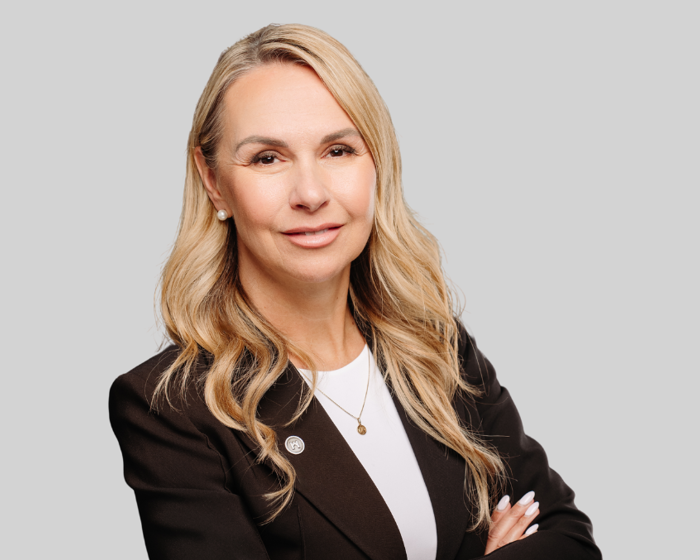
Annie Gosselin
Director
General Management
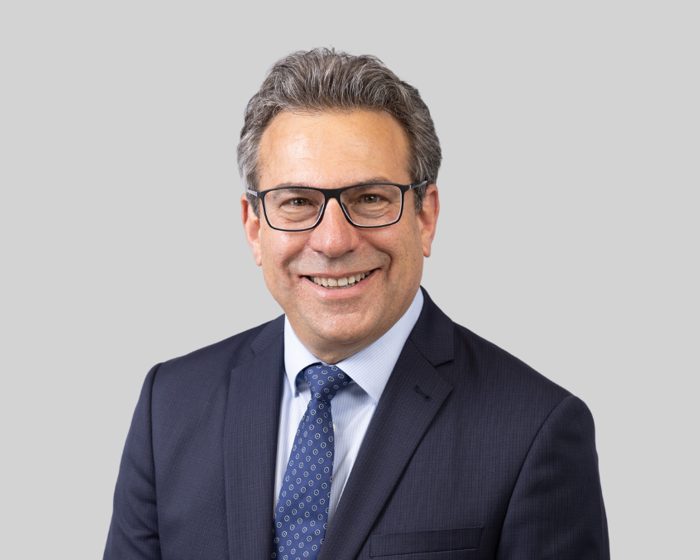
Yves Nadon
Managing Director
A Renewed Vision for Collective Momentum
With 25 years of commitment at the crossroads of management, law, and professional services, I approach this new mandate as Executive Director of the RGCQ with a deep conviction: co-ownership deserves solutions that match its complexity and social significance.
At a time when the sector is undergoing major transformation, our role is more than ever to be a catalyst for change—a concrete ally for managers, administrators, and co-owners. Together, we will build an RGCQ that is closer to its members, equipped to take action, and a driving force for a sustainable future for co-ownership in Quebec.
Team
-

Gabrielle Tournier
Adjoint Executive
-
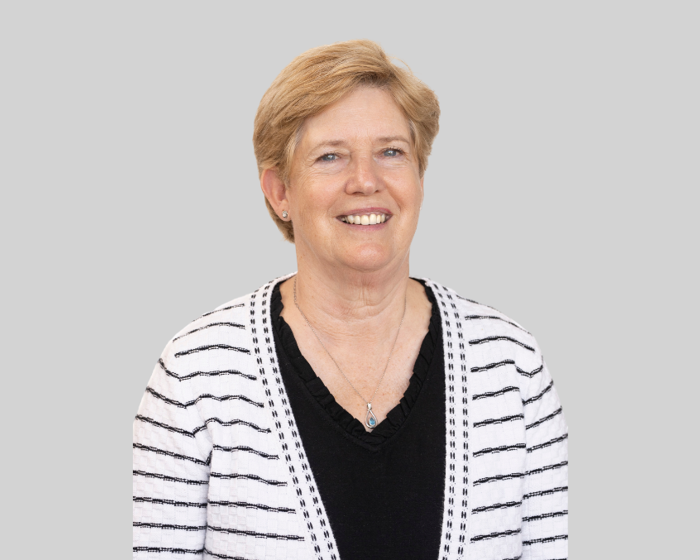
Diane Ménard
Sales director
-

Jade Serbah
Communications Consultant
-

Zaïna Bongoso
Members services Coordinator
-
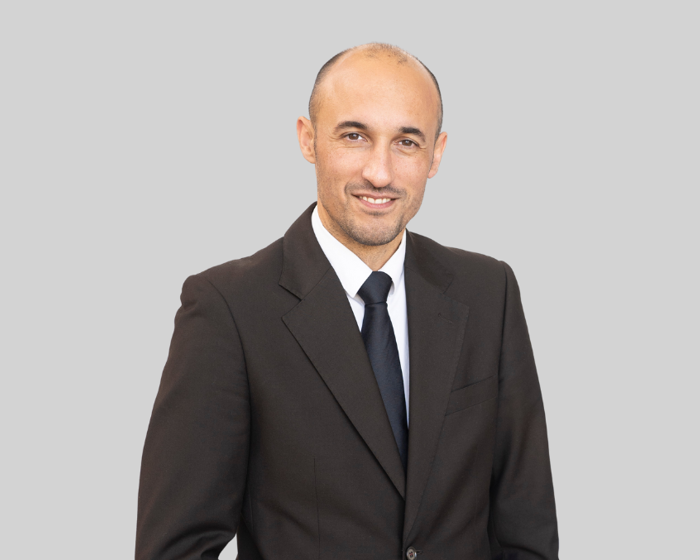
Betrand Rivière
Training and events coordinator
RGCQ - Montreal

Me Yves Joli-Coeur
Montreal, président
A word from the president
A human commitment to a sustainable future for co-ownership
Yves Joli-Coeur is a seasoned lawyer who has specialized in condominiums for over 35 years.
Despite the ups and downs, the battles fought and the challenges yet to come, he remains convinced of the raison d'être of the organization he helped found in the early 2000s.
MANAGEMENT COACHING, DIRECTOR TRAINING AND SUPPORT FOR COMMUNITY HOUSING
There are two areas that he would like to prioritize during his presidency, and which are particularly close to his heart: the professionalization of managers and the completion of legislative reform.
"At the time, the aim was to promote sound building management and define the profession of those in charge of it. This association was intended to be a crossroads of knowledge, both for administrators and for those who wished to turn it into a professional activity", he shares at the outset. And that remains just as important in 2022!
First and foremost, this condominium expert deplores the fact that Quebec does not dare to set itself apart when it comes to supervising managers. "Our province has failed to demonstrate its sensitivity to this issue, while Alberta and Ontario have decided to take action in this area. In fact, there is no legislative provision recognizing this activity here. As a result, there is a glaring lack of professional recognition for those who want to make a living from it. This lack of identity can be very problematic!
One of the key elements of his vision is undoubtedly the quality of condominium management. In fact, it was his observation of major shortcomings in this fundamental aspect of co-ownership that led him, along with five other players in the co-ownership world, to set up the RGCQ in 1999.
For Me Joli-Coeur, it's a very demanding profession. And why is it so? "Because you're required to have a legal profile, sufficient knowledge of building techniques and accounting, as well as the ability to manage people and be a good teacher. What's more, managers must have a sixth sense and know how to make co-owners aware of the culture of good living together!
While all this knowledge can be acquired through various training courses, the fact remains that a significant proportion of managers have no choice but to learn the trade directly "in the field": a not inconsiderable risk for the protection of co-owners and the safeguarding of their property assets.
Another undeniable advantage of professionalizing the management profession is to improve the quality of services, while helping to build pride in the profession. Similarly, developing a sense of belonging to an organization that is there to ensure the protection of the public, as is the case for doctors, lawyers or any member of another professional order.
The work of condominium managers should therefore be supervised by an organization akin to a professional order, not only in the interests of condominium owners, but also to ensure the development of a professional activity. The result would be to ensure the longevity of these properties, and thus the protection of their owners' assets. Yves Joli-Coeur is convinced that efforts must continue on this front. The Minister of Municipal Affairs and Housing, Andrée Laforest, had promised to put the subject of condominium managers back on the agenda for Bill 16, but this never materialized.
Another important aspect is training for condominium administrators and financial support for this collective lodging.
With an average building stock of over thirty years old, significant sums will have to be invested to bring buildings up to standard. As a result, many condominium owners are likely to experience financial difficulties, which will further weaken the condominium associations. Lacking the means to do so, small co-ownerships are likely to bear the brunt, and this at a time when there is a shortage of administrators. "This is another important aspect. The RGCQ is going to have to get involved. It will have to call on the Quebec government to allocate financial resources to small condominiums, which are currently left to fend for themselves.
Of course, he would like to share this vision with RGCQ members and managers, and intends to consult them on the subject.
LEGISLATIVE REFORM
The second priority is to complete the work undertaken in the context of Bill 16, and implement the remaining measures.
Although far from finished, Yves Joli-Coeur remains positive about the progress of the legislative reform. He would like to see it come to fruition as quickly as possible, to put an end to the uncertainty that still looms, and give co-owners and administrators all the tools they need to better plan for the future.
"Today, we still have thousands of people wishing to become homeowners in Quebec who cannot fully assess the risks associated with such a purchase."
Contingency fund studies, maintenance booklets and other measures: regulations are still some way off. At present, buyers still don't have the full picture before investing, and don't really know what it costs to become and remain a co-owner.
For Yves Joli-Coeur, the RGCQ's role is also to make parliamentarians aware of the importance of this segment of the real estate market. It's also important to avoid legislative blunders, such as Article 1074.2 of the Civil Code of Québec, which still penalizes co-ownership. This article weakens the finances of condominium owners' associations in the event of a claim, because insurers fail to pay compensation.
FOR THE NEXT GENERATION
Although he is concerned about certain aspects of co-ownership in its current state, Yves Joli-Coeur has a few wishes for the future.
First, that more care be taken of the existing built heritage, and that we invest what is required to keep it in good condition, because, eventually, this will be the legacy for the next generations.
Then, with the organization's financial sustainability in mind, let the RGCQ pursue its efforts to change the view of real estate as a mere disposable commodity, by awakening people to a minimum of social awareness about housing. This means instilling a sense of belonging, and encouraging the Quebec population to take a more community-oriented view of collective housing.
A view that will undoubtedly be carried by the next generation... and the next generation will inevitably involve awareness-raising, professionalization, training and education.
Board of directors
-

Aline Désormeaux
Treasurer
-
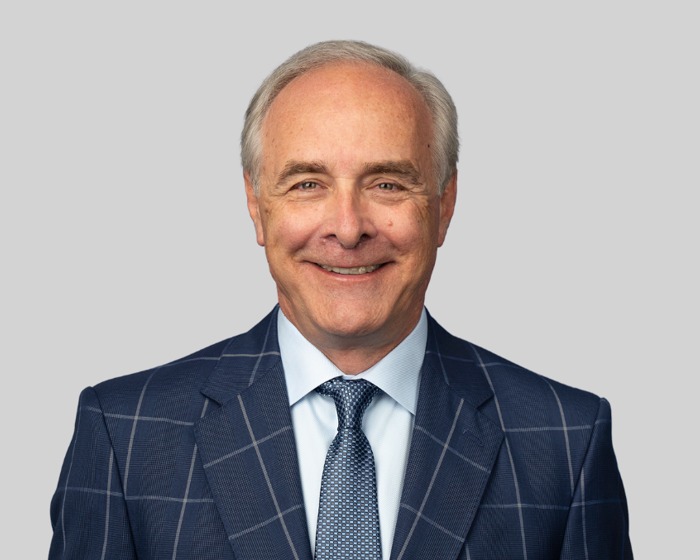
Me Yves Papineau
Director
-

André Bourassa
Director
-
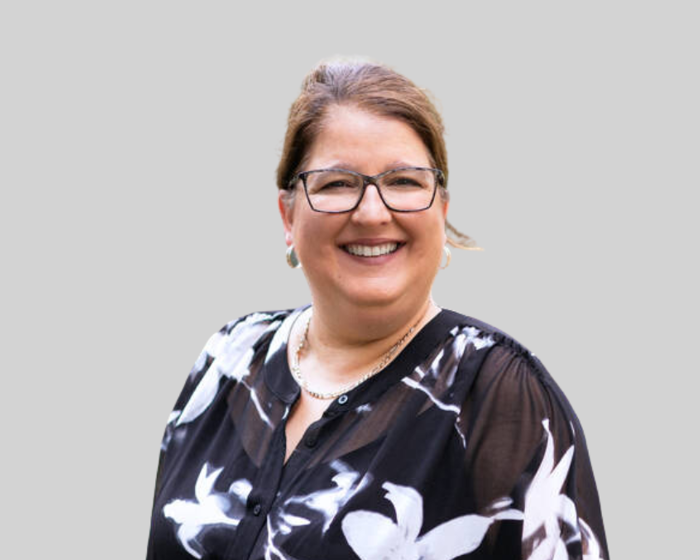
Valéry Couture
Director
-
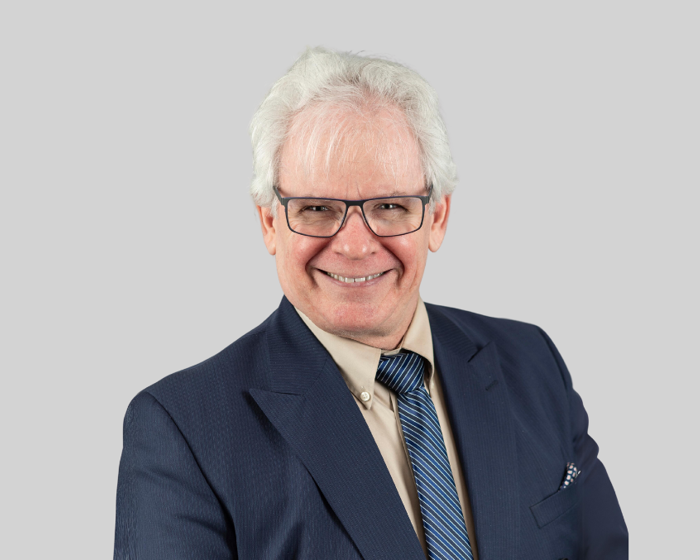
Patrick Hiriart
Director
-

David Ménassé
Director
-
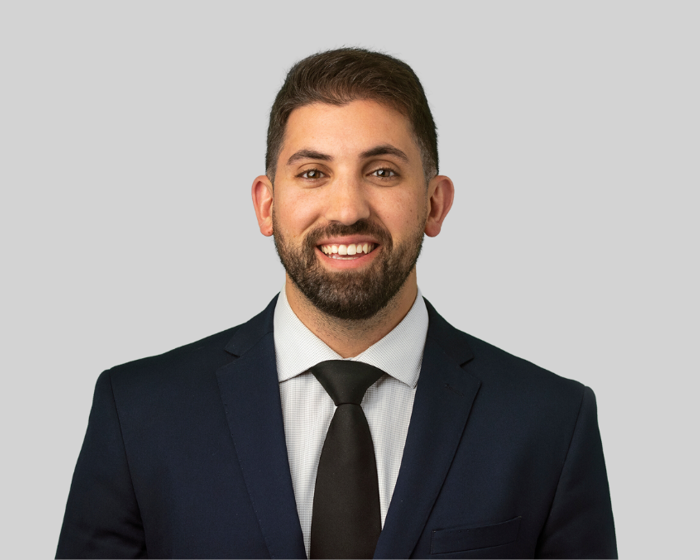
Me Karl Michel
Director
-

Réjean Touchette
Director
-
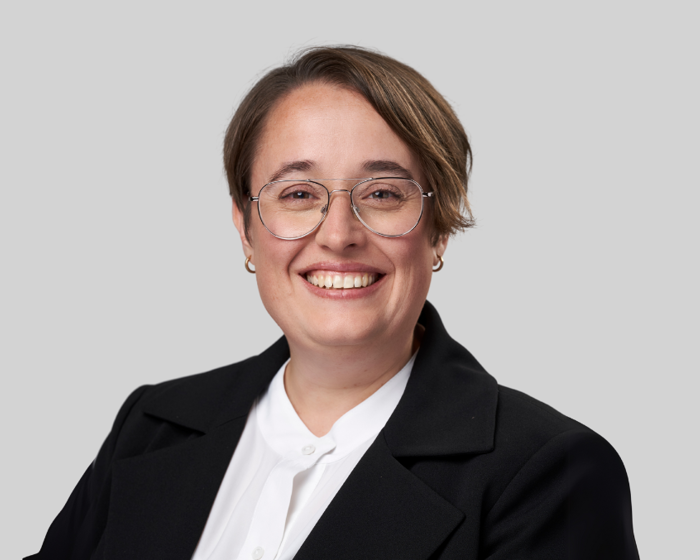
Catherine Pépin
Director
-
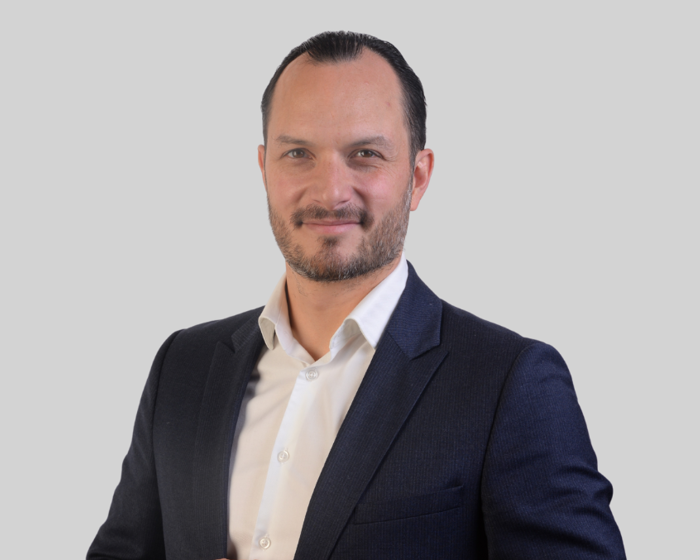
Charles-Antoine Carra
Director
-
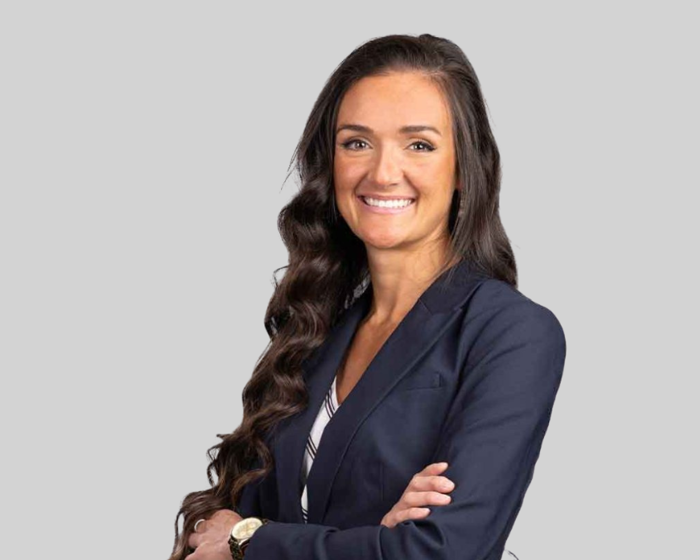
Me Raphaëlle Levesque
Director
-

Simon Vanasse
Director
RGCQ - Quebec city

Me Michel Paradis
Quebec city, president
A word from the president
The Quebec City region is experiencing more conservative condominium development, although the pace of unit construction is stable year after year. After reaching saturation point in the Old Capital's downtown core, condominiums are now springing up in the suburbs.
The profile of Quebec co-owners is homogeneous: they earn roughly the same salary and are on average 50 years old. Most of them are Baby Boomers, who have traded in their homes for condominiums. For them, the RGCQ-Québec is an invaluable resource. As in Montreal and Gatineau, more and more condominium owners are turning to it for better information. If properly supervised and managed, this type of housing represents a formidable means of gaining access to home ownership.
Of course, the challenges of the next few years are more or less the same throughout Quebec. The main ones will be to watch out for aging buildings, and to ensure that they are maintained and preserved. Buying a property is the most important investment of a lifetime. So it's vital to preserve the capital value of your unit, to enable it to appreciate in value and generate attractive retirement income.
Board of directors
-
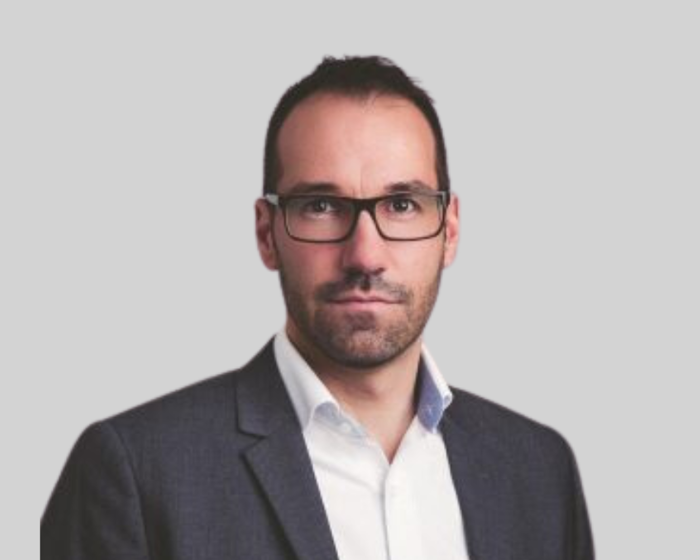
Richard Thibaudeau
Vice president
-

Me Charlotte T. Fortier
Secretary and Treasurer
-

Sean Beauchemin
Director
-
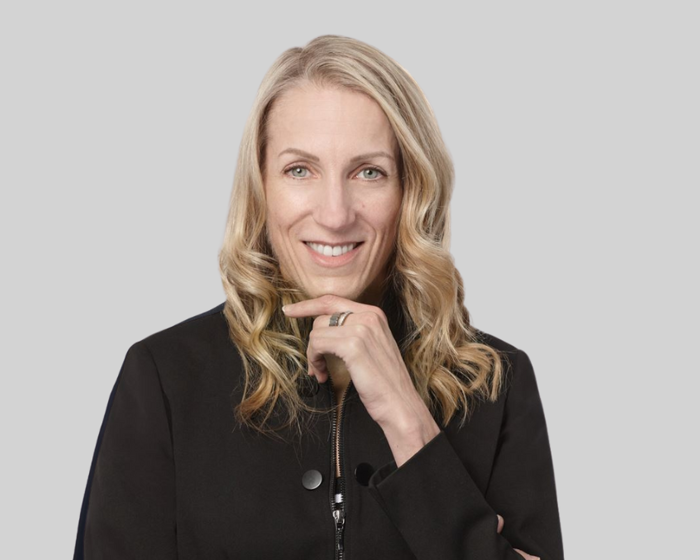
Me Julie Banville
Director
-
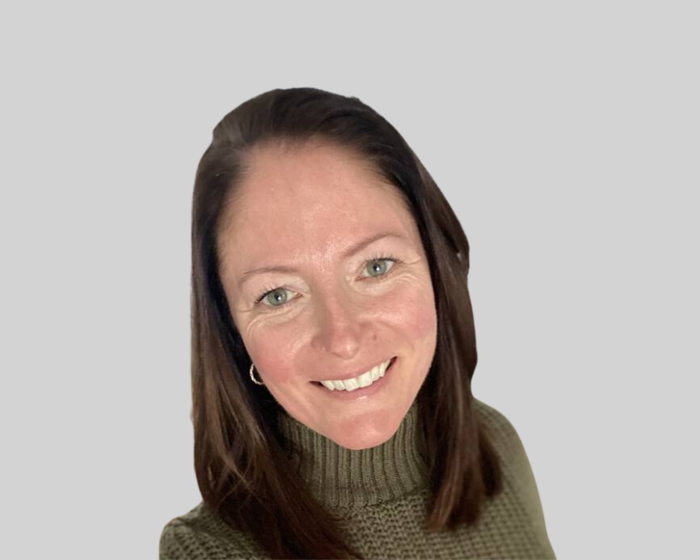
Annick Grenon
Director
-
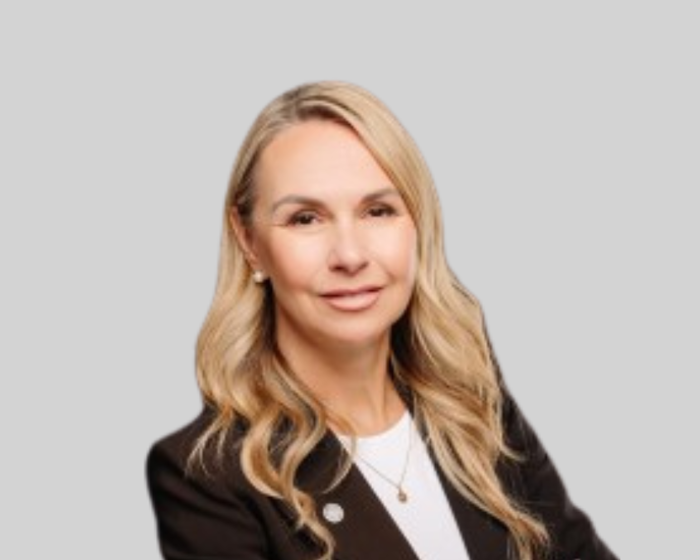
Annie Gosselin
Director
-

Guillaume Leblond
Director
-
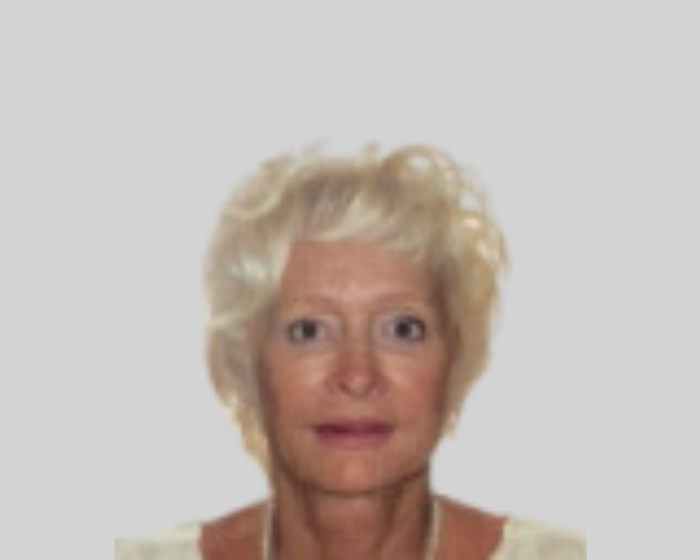
Ghislaine Thériault
Director
-
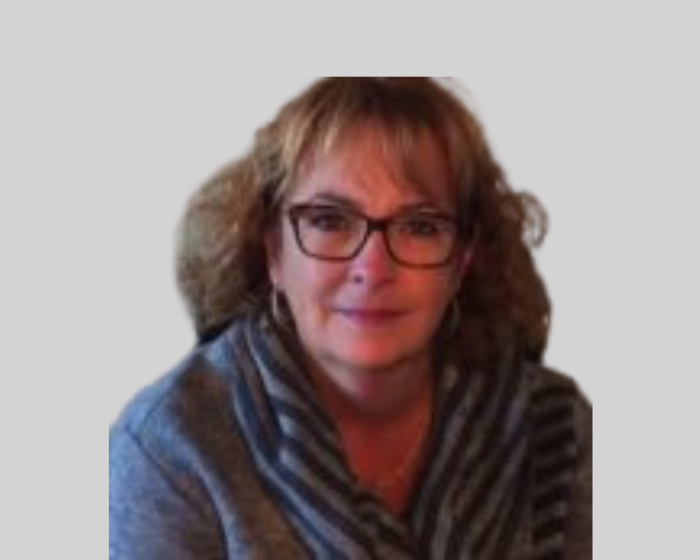
Maryse Tremblay
Director
-

Julien Gobeil Simard
Director
-

Hugo Tessier
Director
RGCQ - Outaouais
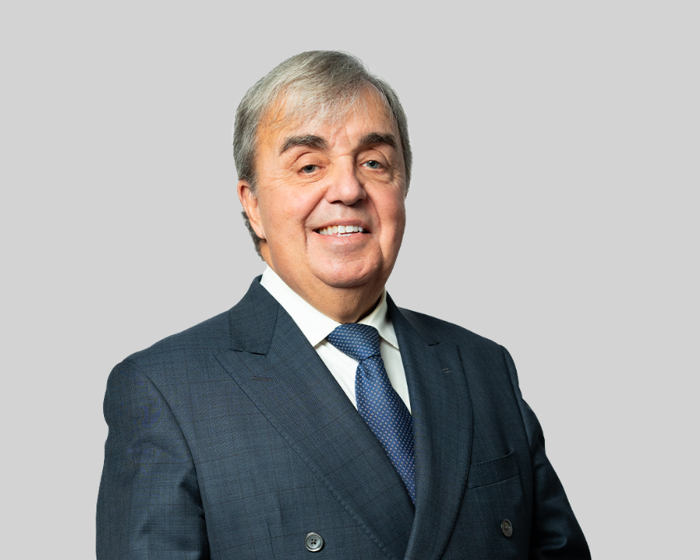
Me Richard M. LeBlanc
Outaouais region, President
A word from the president
A Strong Commitment to the Future of Co-ownership in Outaouais
The co-ownership market in Outaouais is going through a critical period. The slowdown in real estate development, shortcomings in construction quality, and delays in implementing long-overdue reforms are directly harming co-owners and limiting access to property.
It is in this context that I accepted the presidency of the RGCQ – Outaouais. I want to acknowledge the exceptional work of my predecessor, Jean-Pierre Bouchard, who led the Outaouais chapter with distinction for 10 years. He has been a key figure in defending and advancing the rights of Quebec co-owners and has been a strong voice for our community’s concerns.
As an experienced lawyer and long-time advocate for co-owners, I believe it is imperative to break the inertia and ensure our community’s voice is heard. The challenges are many, but our objective is clear: to build a more rigorous, sustainable, accessible, and respectful co-ownership market—one that protects the rights and investments of co-owners.
My priorities are unequivocal:
-
Advocate for the full and strict implementation of the reforms set out in Bill 16, without compromise.
-
Demand mandatory inspections and tighter oversight of construction quality.
-
Raise awareness and equip syndicates, managers, and co-owners to ensure the long-term viability of buildings.
-
Put pressure on municipal and provincial authorities to recognize co-ownership as a key pillar of residential real estate development.
We also need to change perceptions. Co-ownership is a powerful means of accessing property for thousands of families and individuals. It’s time to restore its reputation by focusing on quality, transparency, and accountability.
RGCQ – Outaouais will continue to play a key role in defending these issues and supporting those who share this vision. The future of co-ownership in Outaouais depends on our collective ability to act. Inaction is no longer an option. I invite you to join us in this collective effort to move things forward.
Together, let us unite—governments, developers, managers, and co-owners—to build a sustainable and inspiring future for co-ownership in Outaouais.
Together, let’s restore confidence and build a future where this model is better understood, valued, and adapted for generations to come.
Me Richard M. LeBlanc
President, RGCQ – Outaouais Chapter
Board of directors
-

Michel Mancini
Director
-

Ghislain Raymond
Director
-

Mireille Caron
Director
-
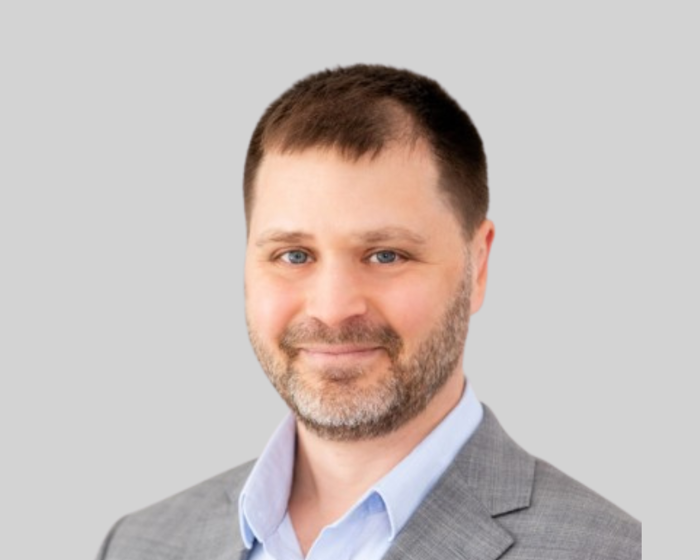
Julien Chaput-Lemay
Director
-
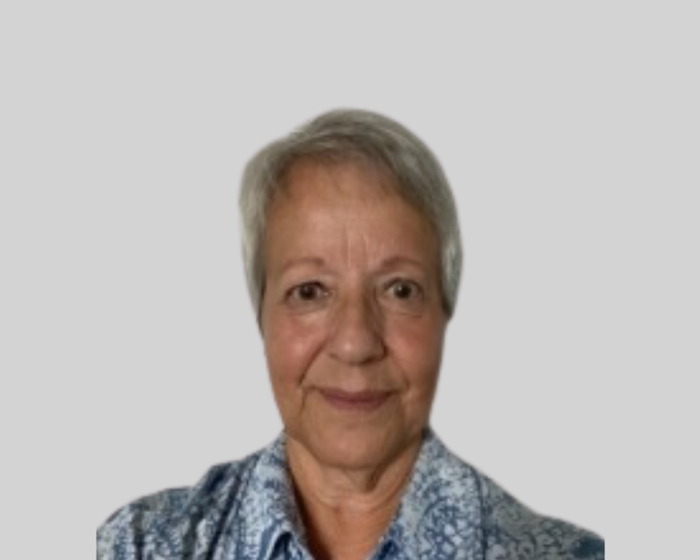
Ginette Normand-Aubry
Treasurer
-
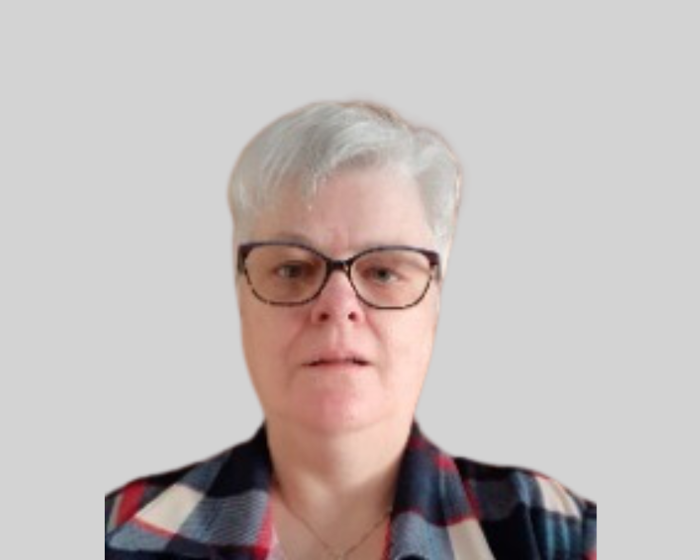
Ruth Labbé
Director
-
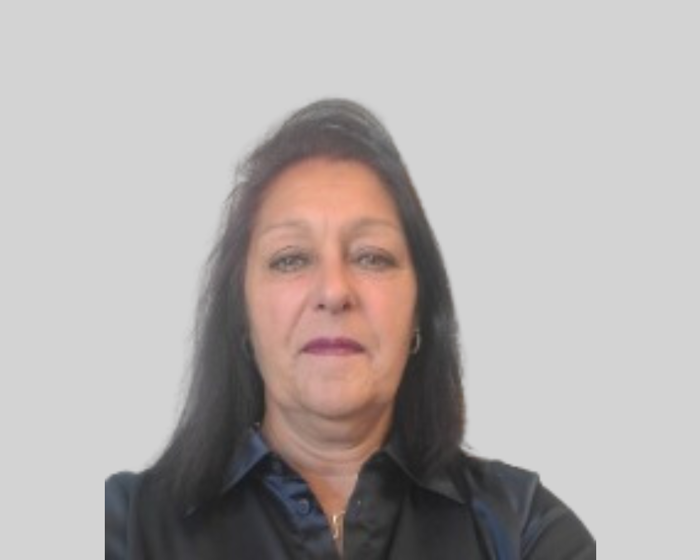
Sylvie Lafontaine
Director
-

Guy Michaud
Director
-
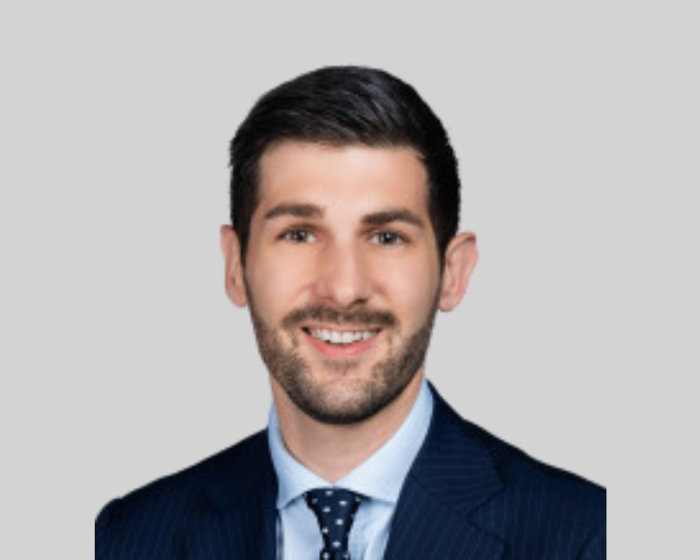
Mathieu Turpin
Director
-
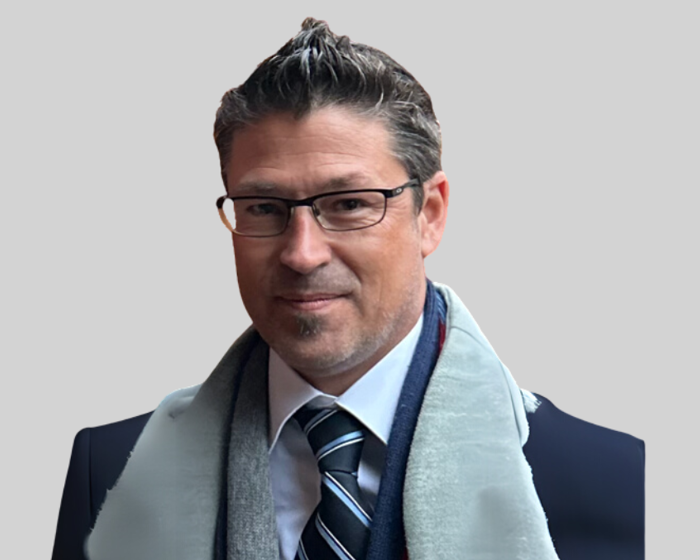
Pierre Girard
Director
-

Me Gabrielle Papineau
-

Roch St-Jacques
Director
Login to view this content
Become a member
Access all our services and a vast network of experts by becoming a member of the RGCQ.